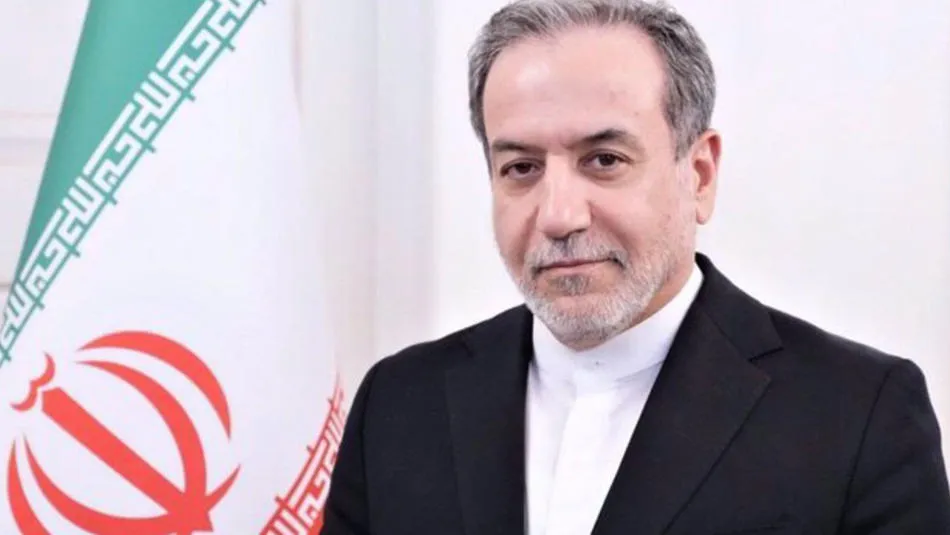Ahead of new discussions between Iran and the U.S. in Rome, Iran’s Foreign Minister Abbas Araghchi is set to visit Russia this week. His visit aims to discuss ongoing nuclear talks with the U.S., with Russia’s backing.
High-Level Discussions
This is the highest-level dialogue since the 2015 nuclear deal collapsed. On Saturday, Araghchi met U.S. Middle East envoy Steve Witkoff in Oman. Since President Donald Trump took office in January, the U.S. withdrawal from the deal has thrust Iran into the spotlight.
In March, Trump sent a letter to Iran’s Supreme Leader, Ayatollah Ali Khamenei. He urged nuclear talks and warned of military action if Tehran refused. While Western countries, including the U.S., have long suspected Iran of seeking nuclear weapons, Tehran denies this. It insists that its nuclear program is peaceful.
Russia and China’s Involvement
Russia, an ally of Iran and a signatory of the 2015 deal, has been in talks with Tehran, along with China. Esmaeil Baqaei, a spokesperson for Iran’s foreign ministry, confirmed that Araghchi’s visit will focus on developments from the Oman talks.
Russian spokesperson Maria Zakharova said Araghchi will meet Russian Foreign Minister Sergei Lavrov and other officials. Both Iran and the U.S. have called the Oman talks “constructive.” Moscow has supported the dialogue and warned that military confrontation would lead to a “global catastrophe.”
Another Round of Talks in Oman
Another round of talks between Iran and the U.S. is set for Saturday in Oman. Rome had been considered as a possible location, but Baqaei clarified that the talks will continue to be indirect and mediated by Oman. He stressed that direct talks are “not effective” and “not useful.”
Focus of the Talks: Nuclear Issues and Sanctions
Baqaei also stated that Iran’s focus in the talks would remain on the nuclear issue and lifting sanctions. He emphasized that Iran would not discuss any other matters. Tehran also considers its regional influence and missile capabilities as “red lines” in the negotiations.
U.S. Withdrawal from the Nuclear Deal
The U.S. reinstated harsh sanctions after withdrawing from the 2015 deal three years ago. Iran complied for a year after the U.S. pullout but has since reduced its compliance. Still, Iran denies any intention to pursue nuclear weapons.
Trump’s Comments on Iran
On Monday, President Trump addressed Iran, saying, “I’ll solve that problem” and “That’s almost an easy one.” It is unclear whether he was referring to nuclear talks or broader issues with Iran.
IAEA Chief to Visit Iran Soon
Baqaei confirmed that Rafael Grossi, head of the International Atomic Energy Agency (IAEA), will visit Iran soon. Grossi confirmed the trip on social media, stating that continued engagement with the agency is critical, especially as diplomatic solutions are urgently needed.
Grossi will meet with Araghchi and Mohammad Eslami, head of Iran’s nuclear energy agency. This visit follows his previous one in November, when he met top Iranian officials.
IAEA’s Latest Report
The IAEA’s February report revealed that Iran has accumulated 274.8 kilograms (605 pounds) of uranium enriched to 60%. This amount far exceeds the 3.67% limit set by the 2015 deal and is approaching the 90% threshold for weapons-grade uranium.









